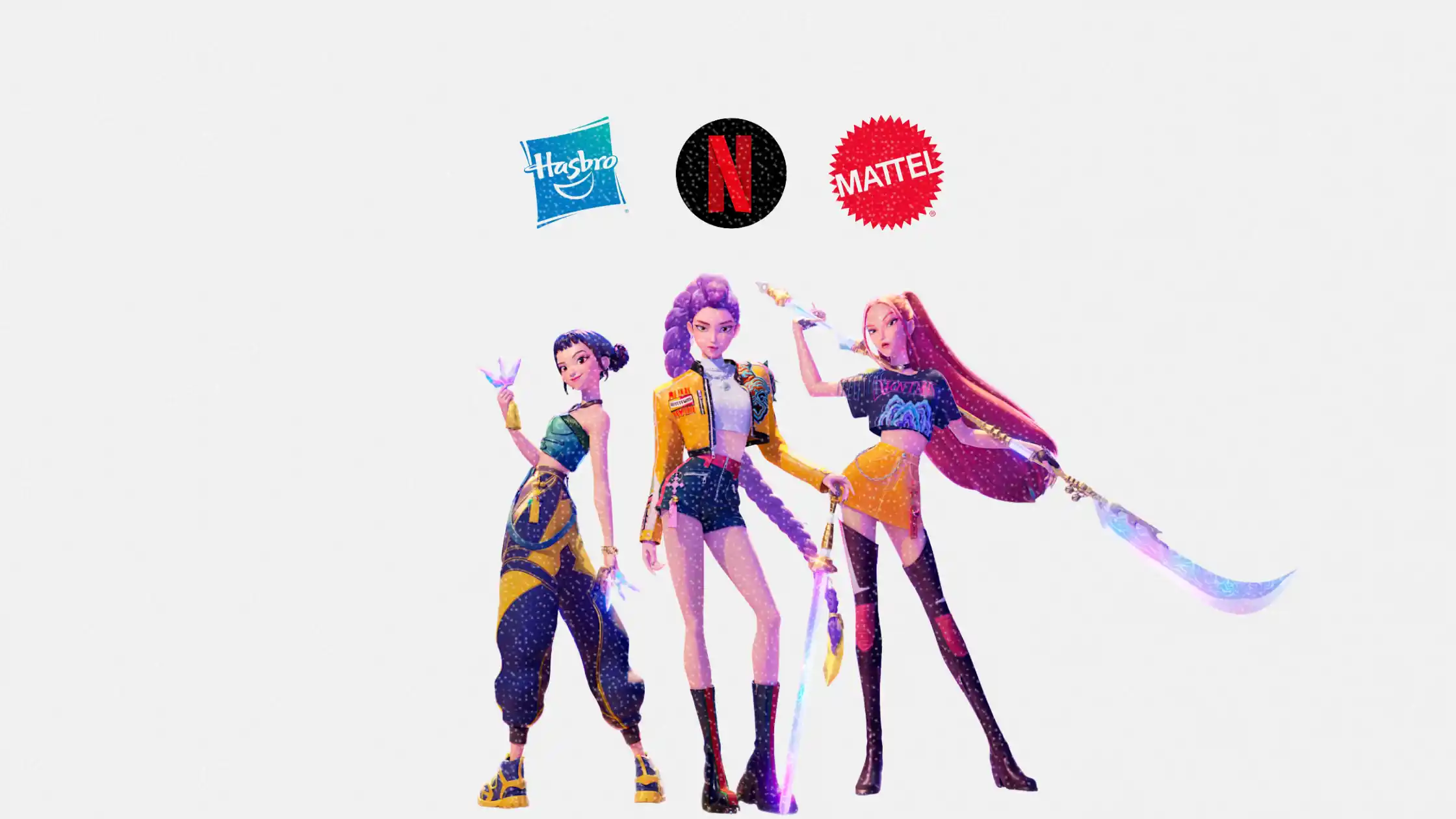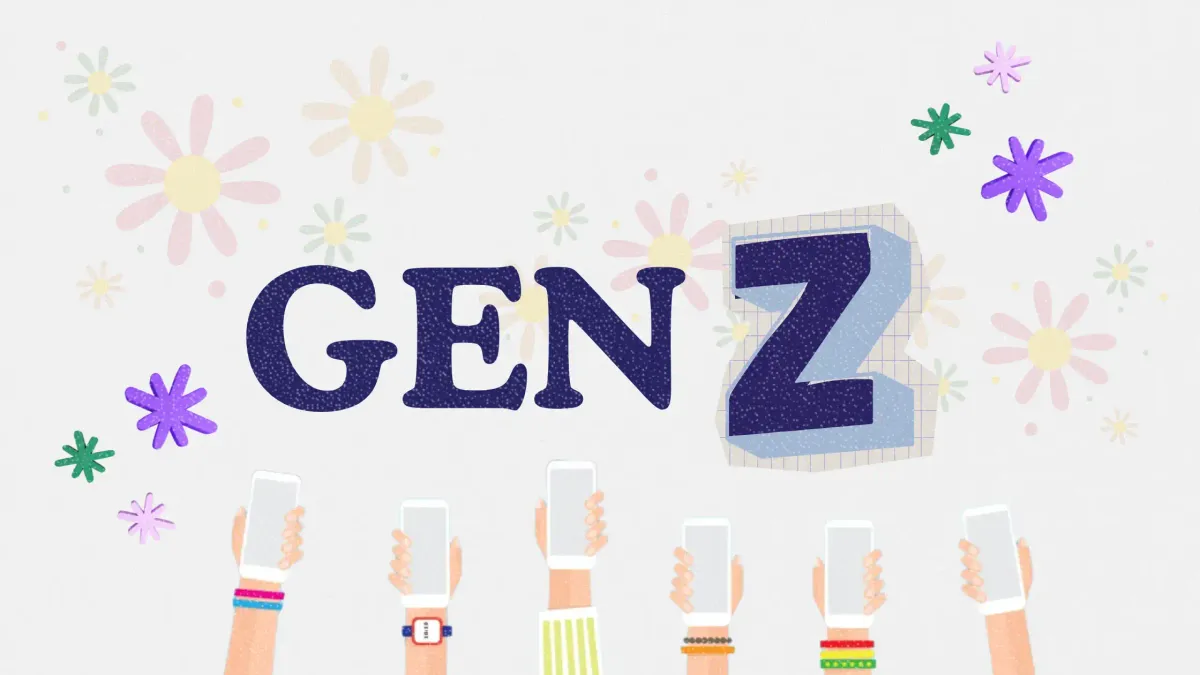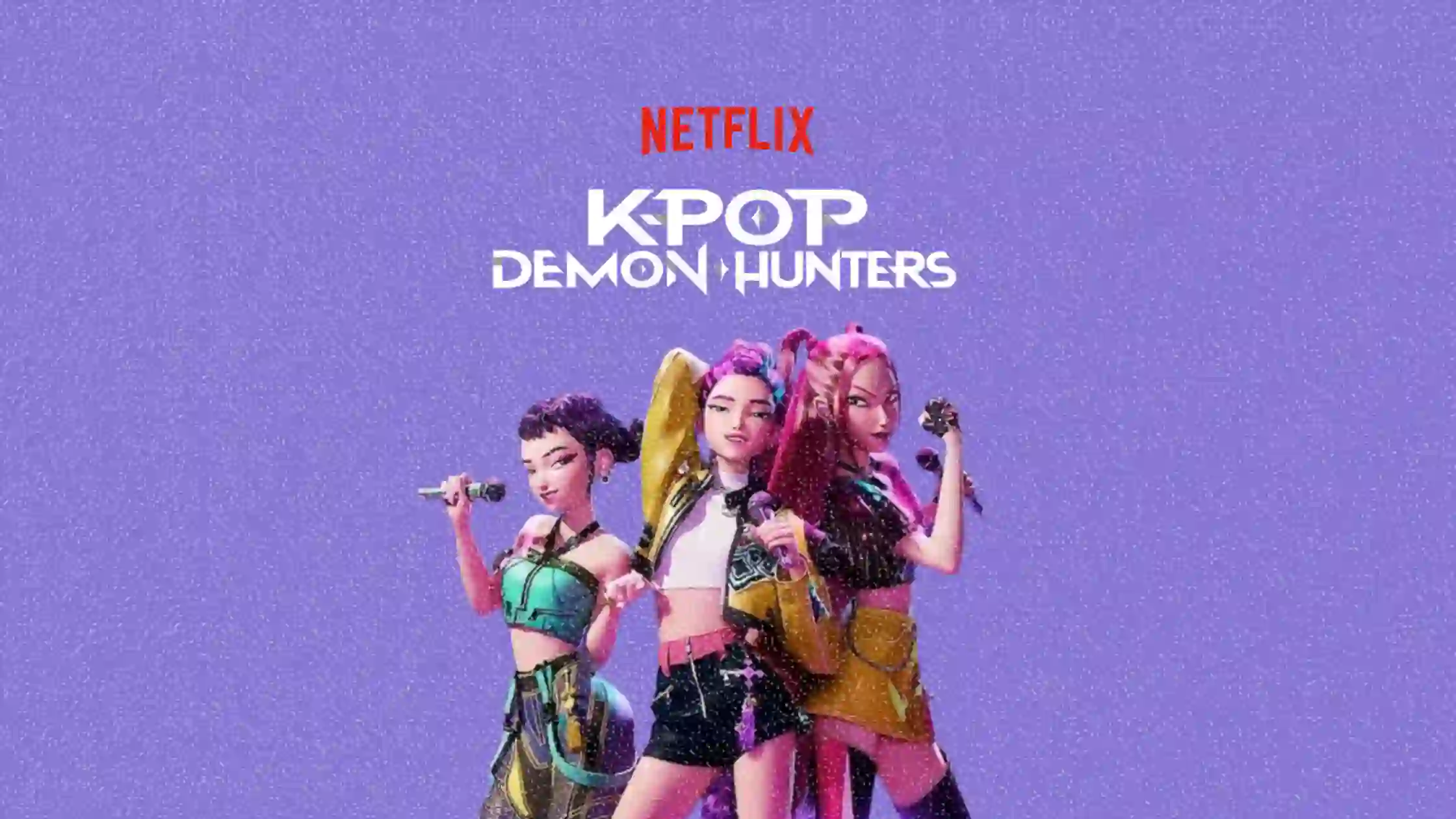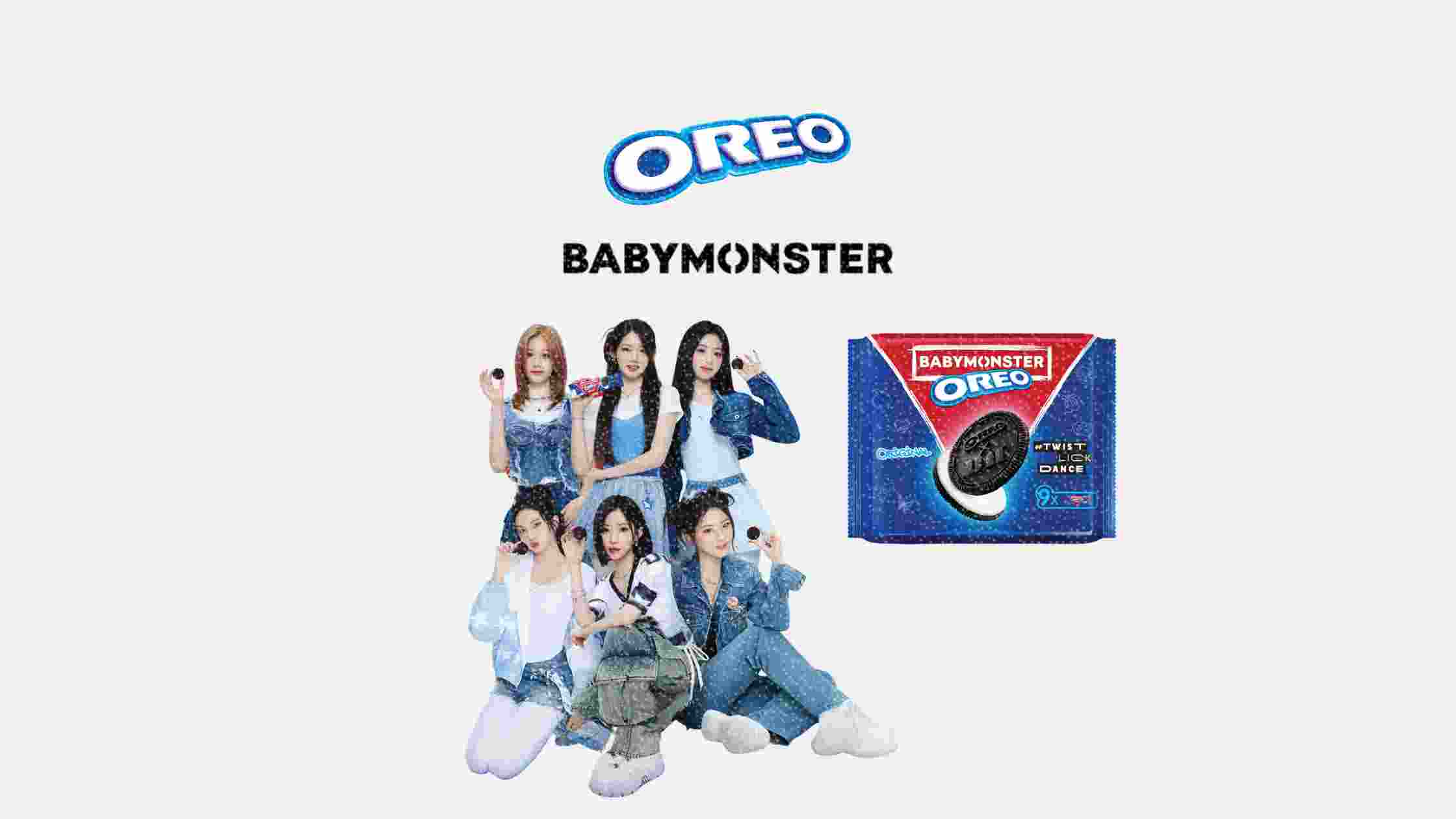Netflix partners with Mattel and Hasbro to launch KPop Demon Hunters toys
Netflix just signed Mattel and Hasbro as co-licensees for KPop Demon Hunters. Brands should pay attention

Netflix is bringing its record-breaking animated film KPop Demon Hunters to the toy aisles, announcing that both Mattel and Hasbro will serve as co-master toy licensees starting in 2026.
The move signals Netflix’s growing ambition to build multi-channel franchises from its original content. This article explores the strategy behind the licensing play, why it matters for brand marketers, and how the toy rollout aligns with shifting entertainment-to-retail trends.
With KPop Demon Hunters already topping charts in both streaming and music, Netflix's licensing push with Mattel and Hasbro is more than just merchandising. It’s about converting fan enthusiasm into shelf space and building long-term IP value.
Short on time?
Here’s a table of contents for quick access:
- What’s new with the KPop Demon Hunters franchise?
- Inside the Mattel and Hasbro licensing play
- The retail rollout strategy and timing
- What marketers should know

What's new with the KPop Demon Hunters franchise?
Released in June 2025, KPop Demon Hunters quickly became a cultural juggernaut. The animated musical-combat film from Netflix and Sony Pictures Animation follows the story of HUNTR/X, a girl group balancing their KPop fame with secret demon-fighting missions. Within 91 days of launch, the movie racked up 325 million views, making it Netflix’s most-watched film of all time.
The momentum didn’t stop at views. The soundtrack topped Billboard’s 200 Albums chart with 8.3 billion streams. The film’s lead single Golden became the longest-running No. 1 hit by a girl group on the Billboard Hot 100 this century. Meanwhile, all five HUNTR/X characters ranked among the most-searched Halloween costumes this year.
With that kind of cultural footprint, the move to physical retail isn’t just logical. It’s strategic.

Inside the Mattel and Hasbro licensing play
Netflix’s new partnerships with Mattel and Hasbro mark the first time both toy giants are co-licensing the same entertainment IP. Each brand will roll out complementary but distinct product lines:
- Mattel’s range, launching globally in 2026, includes dolls, action figures, accessories, playsets, collectibles, and co-branded collaborations. Fans can get a sneak peek via a presale three-pack of HUNTR/X dolls on Mattel Creations starting 12 November 2025.
- Hasbro’s lineup will include plush, youth electronics, role-play items, and franchise tie-ins through MONOPOLY, WIZARDS OF THE COAST, NERF, and FURBY. First out the gate is MONOPOLY Deal: KPop Demon Hunters, available for preorder now and shipping 1 January 2026.
Both product lines will arrive at retail in Spring 2026, running through the holiday season and beyond.
The retail rollout strategy and timing
Netflix isn’t just slapping logos on merchandise. It’s orchestrating a full-blown franchise rollout that mirrors how traditional studios monetize entertainment IP through consumer products.
The staggered launch—starting with preorders, followed by a global retail push—gives Netflix and its partners time to build hype and deepen engagement. It also allows for cross-promotion with other categories like food and FMCG.
Take Nongshim, for example. The Korean food giant is featuring HUNTR/X characters on packaging for Shin Ramyun, saewookkang, and a new all-purpose sauce. The campaign includes limited-edition products, digital activations, and offline pop-ups that let fans connect with the storyworld in everyday settings.
As Netflix’s Chief Marketing Officer Marian Lee put it, “Netflix, Mattel and Hasbro joining forces on this first-of-its-kind collaboration means fans can finally get their hands on the best dolls, games, and merchandise they’ve been not-so-subtly demanding on every social platform known to humanity. As Rumi, Mira and Zoey say — for the fans!”

What marketers should know
This isn’t just a licensing story. It’s a case study in how IP, audience obsession, and consumer products converge. Here’s what B2B marketers can learn from Netflix’s expansion strategy:
1. Content franchises are becoming retail ecosystems
Netflix is extending the value of original IP beyond the screen. By embedding characters into physical products, the brand creates new touchpoints and builds deeper emotional engagement. Marketers should consider how their content or campaigns could live outside digital.
2. Dual licensing can expand category coverage
Instead of choosing one toy partner, Netflix enlisted both Mattel and Hasbro to cover different verticals. This approach increases product range without overlap. For marketers building brand ecosystems, think collaboration over exclusivity when scale matters.
3. Pop culture drives omnichannel demand
From Billboard to Instagram to Halloween costumes, KPop Demon Hunters has proved its viral footprint. Marketers can take cues from how Netflix lets fandom feed content cycles and turns attention into action across physical, digital, and social channels.

4. Product extensions give IP longer shelf life
Streaming hits come and go. But physical toys, games, and fast-moving consumer products can keep a brand present in daily life. For marketers, this reinforces the value of turning momentary buzz into long-term brand equity.







